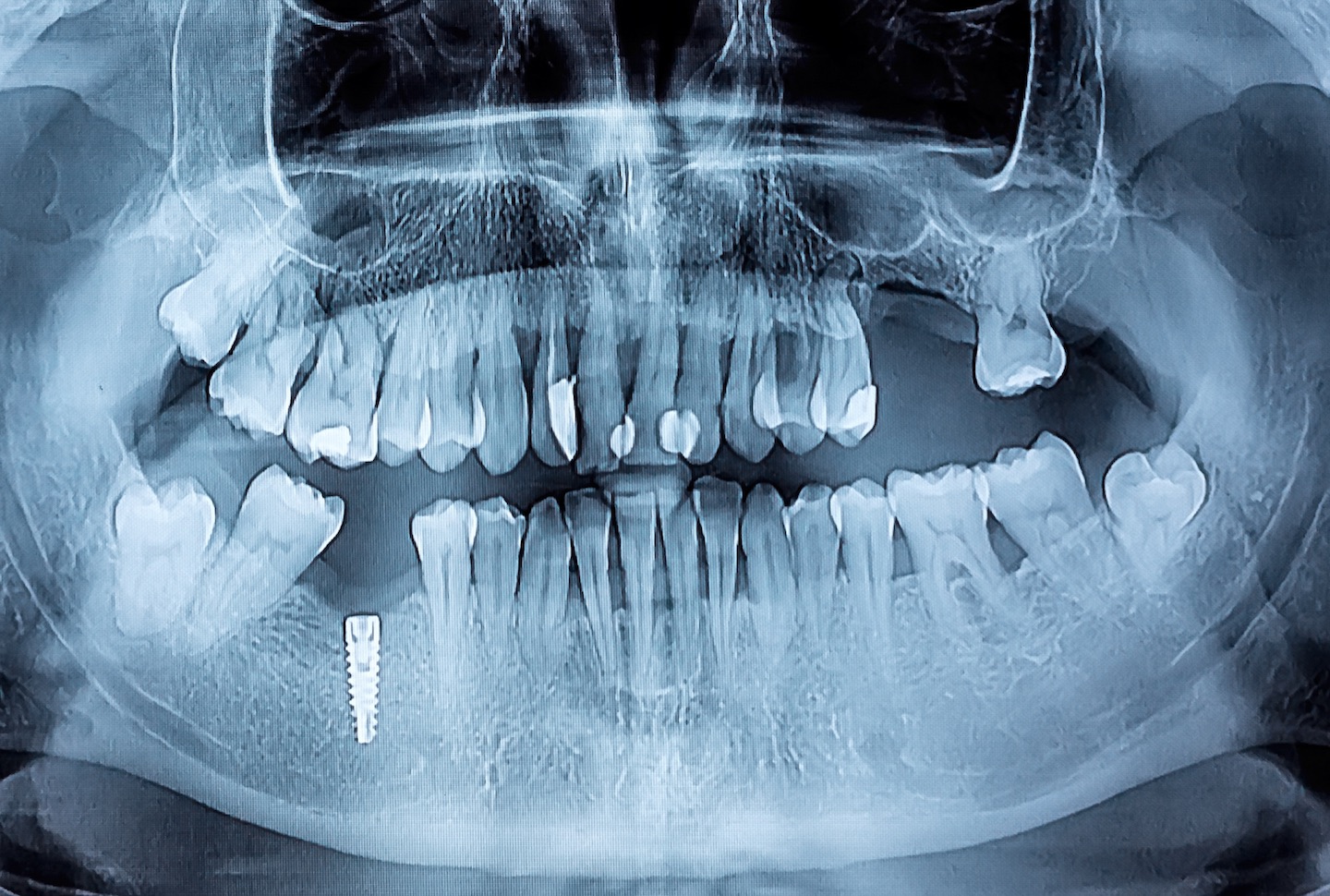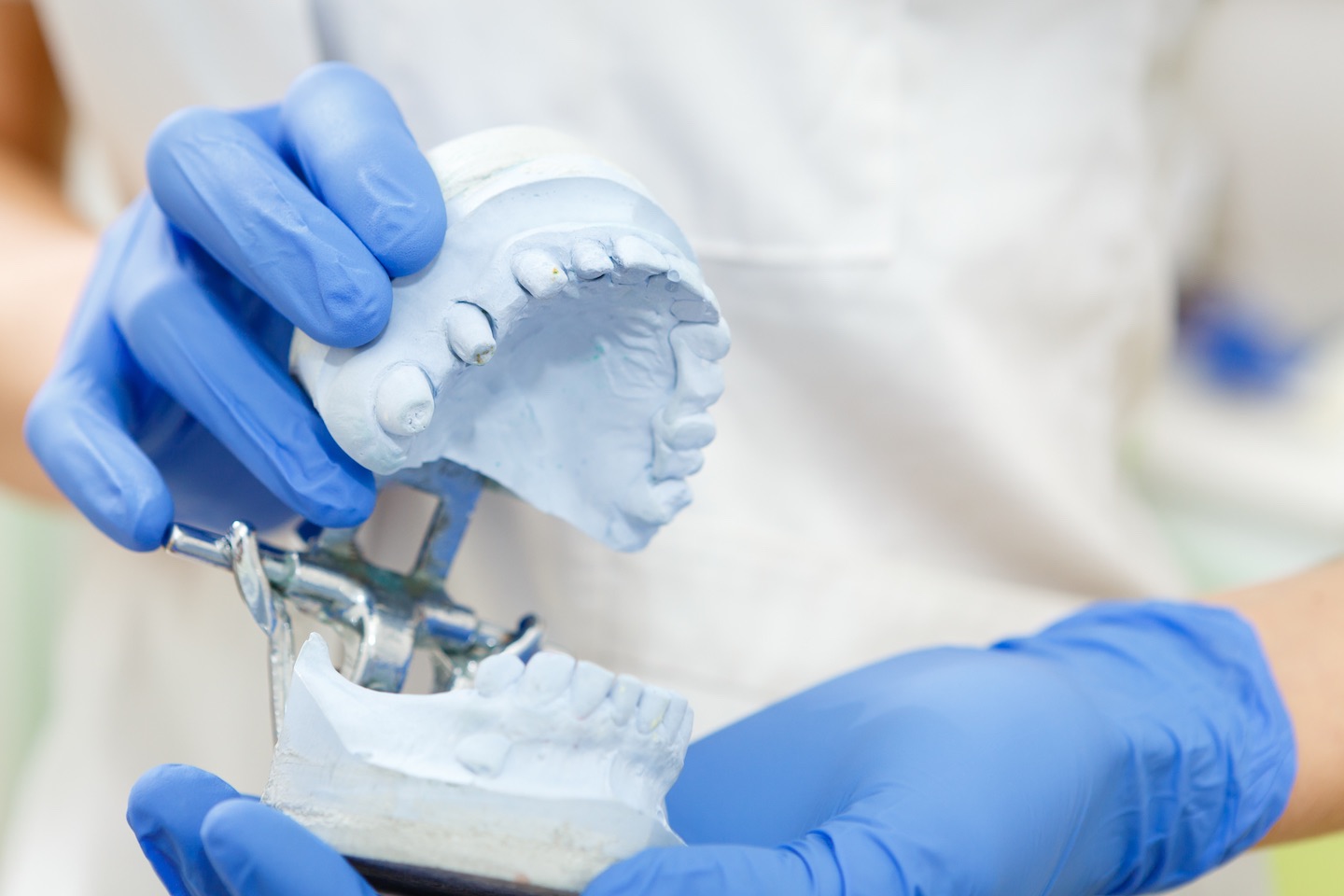Full mouth rehabilitation is a specialized dental procedure that simultaneously reconstructs or restores every tooth in the upper and lower jaw. It typically combines one or more general and restorative dentistry techniques like bridges, crowns, veneers, orthodontics (braces) and oral surgery.
Is It the Same Thing as a Smile Makeover?
Smile makeovers and full mouth rehabilitation are commonly considered the same, since many dental techniques overlap between the two. However, a smile makeover is a treatment specifically chosen by you, for aesthetic/cosmetic reasons. Full mouth rehabilitation, on the other hand, is something you need (to improve the functionality of teeth).
Procedure for Full Mouth Rehabilitation
- We will first check the condition of your teeth, jaw and gums, noting any signs of decay, cavities, cracks, movement, wear and tear, etc. X-rays, impressions or photographs may be taken at this stage.
- Based on the examination, we can determine which restorative procedures will be required and create a step-by-step plan for treatment. It normally takes multiple visits to complete full mouth rehabilitation.
- If you have unhealthy gums or bone loss, these will first be treated. Scaling and root planning can help treat periodontal (gum) disease, but soft tissue or bone grafts may be needed to create a firm foundation for new/restored teeth.
- Orthodontics may be used to correct occlusion (bite problems) or incorrect jaw alignment before the restoration begins, but it may also be done after your new teeth are fitted in place.
- The exact procedure varies between patients, based on the extent of restoration needed. We will also take your aesthetic preferences into account, so your new smile looks every bit as natural and lifelike as you expect.
At XL Smiles Dental Clinic, we are committed to helping you smile with pride instead of hiding your joy due to broken or missing teeth. Visit us to discuss your options now!
When do you need full mouth rehabilitation
- If you have lost many of your teeth due to an accident, tooth decay or other damage
- For teeth that have sustained heavy wear and tear due to bruxism (tooth grinding), acid erosion (from food/drinks), certain habits such as beetle nut/tobacco chewing
- If you frequently experience pain in the jaw, head or neck due to imcorrect bite alignemnt
- If your teeth have been broken, fractured or injured due to trauma


